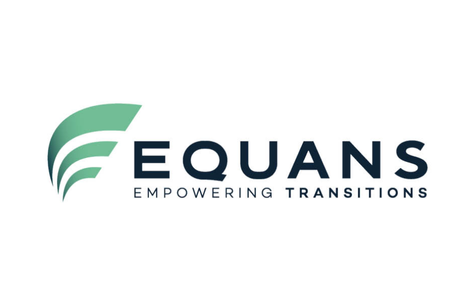Lighten The Load 2020 - 2022
BEMAS is a proud campaign partner of the Healthy Workplaces - Lighten The Load campaign which runs from 2020 to 2022.
Millions of workers across Europe suffer from work-related musculoskeletal disorders. According to data from the sixth European Working Conditions Survey, three in five workers in the European Union report symptoms related to MSDs.
Work-related MSDs are damage to body structures such as muscles, joints and tendons that is mainly caused or exacerbated by work or the effects of the immediate work environment. MSDs can have a very negative impact on a person's quality of life and ability to work and are one of the most common causes of disability, sickness absence and early retirement.

The most common musculoskeletal disorders are back pain and pain in the upper limbs. Physical, organisational, psychosocial and individual factors can contribute to the development of these complaints.
According to the European Survey of Enterprises on New and Emerging Risks 2019, repetitive hand or arm movements are the most common risk factor in the 27 EU Member States (reported by 65 % of the enterprises). Other risks associated with MSDs are prolonged sitting (61 %) - this is often considered a new or emerging MSD risk - lifting or moving people or heavy loads (52 %), time pressure (45 %) and tiring or painful postures (31 %).
Although preventable, MSDs remain the most common work-related health problem in Europe. This is a cause for concern not only because of their impact on the health of individual workers but also because of their negative effects on businesses and national economies.
Why is it so important?
Despite efforts to prevent MSDs, they remain at the top of the list of work-related health problems in Europe and often occur in combination with other health problems. This inevitably reduces individual quality of life and work performance to the detriment of companies and economies.
A large proportion of lost working days in the EU are caused by absence from work due to MSDs. Workers with MSDs are also absent for longer periods on average than workers without health problems.
MSDs are one of the most common causes of sick leave and disability and are among the most recognised occupational diseases in countries such as France, Italy, Latvia and Spain.
One third of workers with MSDs and other health problems expect that they will not be able to continue working until the age of 60.
Moreover, MSDs make people less productive at work, leading to more 'presenteeism' - working despite illness - among people with MSDs than those without health problems.
This has major implications for the economy. The direct cost of work-related MSDs includes the resources used for health care (diagnosis and treatment of diseases and expenditure on rehabilitation) and medicines, as well as sickness benefits. Indirect costs include those resulting from disruption to work groups, loss of productivity, production delays and replacement of sick employees (including training of new employees) and costs related to absenteeism/presumption. These indirect costs are estimated to be several times higher than the direct costs to businesses.
It is therefore very important that this problem is brought to the attention of employers and that they receive support and guidance in preventing or managing MSDs.
Who should participate?
It is essential that everyone works together to prevent musculoskeletal disorders at work. Through cooperation between employers, managers and workers, a shared understanding of the problem and lasting improvements can be made.
Employers have a legal responsibility to ensure that workplace risks are properly assessed and managed, and should recognise that they must lead a preventative approach to MSDs. Effective risk assessment and prevention requires employers to keep their own and their workers' knowledge and training up to date.
It is important to encourage workers to discuss MSDs openly and as early as possible. If they can discuss their physical health safely, they will also take better care of themselves and seek timely support and treatment.
This campaign not only aims to raise awareness about work-related MSDs and their negative effects on individuals, companies and society as a whole; it also seeks to promote cooperation so that effective preventive measures can be taken to tackle them.
Do you want to get involved?
About EU-OSHA
EU-OSHA is the European Union agency that provides information on occupational safety and health. EU-OSHA's work contributes to the European Commission's Strategic Framework on Occupational Safety and Health (OSH) for the period 2014-2020 and to other relevant EU strategies and programmes, such as Europe 2020.






